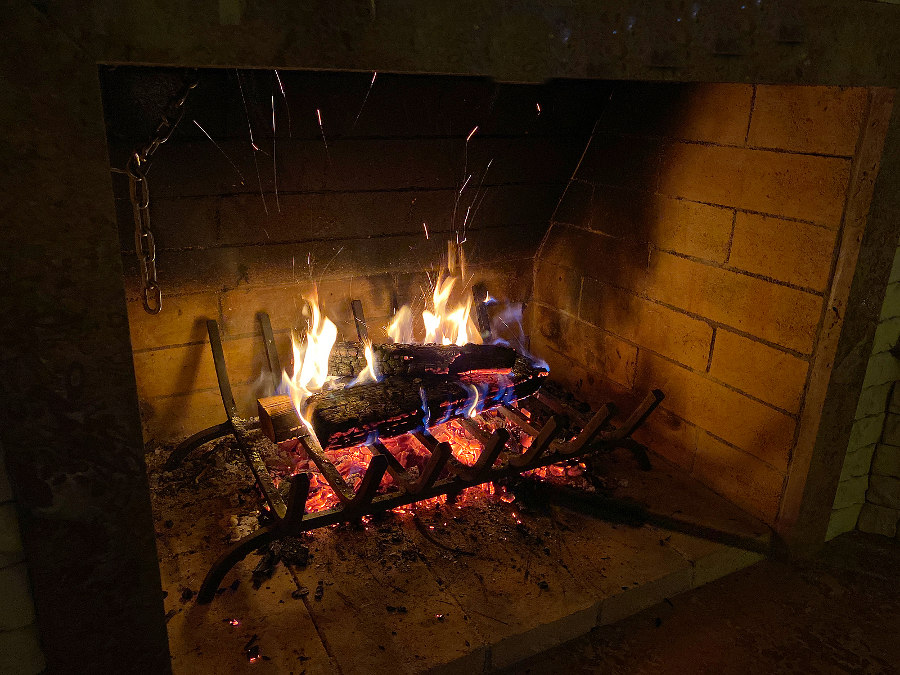8 tips to help you heat up and lower your costs this winter
- Get an annual chimney inspection. Have your chimneys inspected and swept if needed. If the chimney flue, fireplace or stove is clean and free of obstruction such as that caused by nesting material, there is less danger of a chimney fire or carbon monoxide poisoning.
- Install a chimney cowl. Have a chimney cowl installed on all of your chimneys. Chimney cowls are usually constructed of stainless steel and do not rust. They keep out rain, birds and can prevent downdraught, some enhance or increase the draught in your chimney, while others can reduce excessive draught.
- Use the right fuel. Well seasoned hard firewood yields more heat for your fireplace or stove than for example, unseasoned or wet soft wood. Wood that has been split and stacked for 6-12 months out of the rain will be dry, however, some hardwoods require longer. Do not burn pressure treated or painted waste timber such as that from pallets or laminate flooring as the chemicals used will not only clog your chimney and may cause a fire but also escape into the atmosphere, potentially causing harm to humans.
- Liquid free light. Do not use any type of liquid fire starters (lighter fluid, charcoal grill lighter, gasoline, etc.) to start the fire. Only use fire starters specifically designed for fireplaces and stoves. There is inherent danger of out of control flames inside the home.
- Keep it clear. Keep all furniture and combustible furnishings at least 1 metre away from the fireplace or wood stove. Exposure to heat can lower the ignition temperature of combustible items over time, and they can catch fire.
- Smoke and carbon monoxide detectors are a must. Some of the newer units will detect both smoke and carbon monoxide, but both types should be installed through out the home. Optimum placement is on the ceiling because that is where the smoke and carbon monoxide will be.
- Treat your fire like a toddler, watch them. Do not leave them unattended. Place a stout fireguard in front of your fireplace or stove. A fireguard will prevent fuel falling from an open fire into your living room and with a stove, a fireguard will prevent anything or anyone coming into contact with its extremely hot surface – which is a fire hazard.
- Pick a qualified installer. If installing a flue or stove this year, do your homework on the company you choose. Ask your friends and family about who they have used. Do they have a physical address, a landline telephone number, are VAT registered and how long are they in business? If you would like our help in this matter please click here. We provide a fitting / installation service in Cork. If you live elsewhere, we can provide advice about who you should use in your town, city or county as we have trade contacts nationwide.
